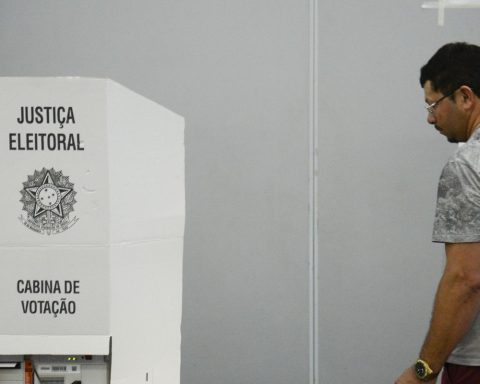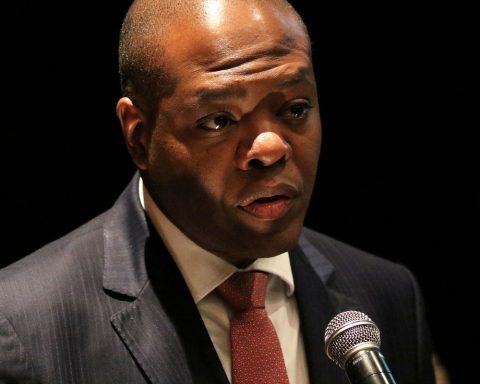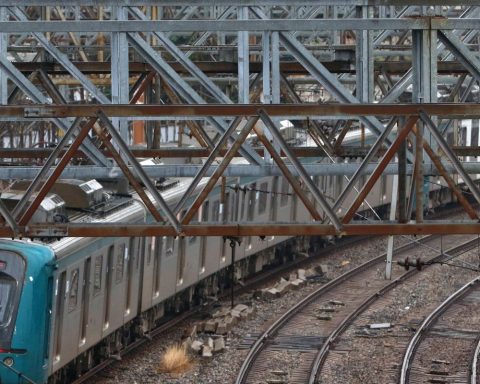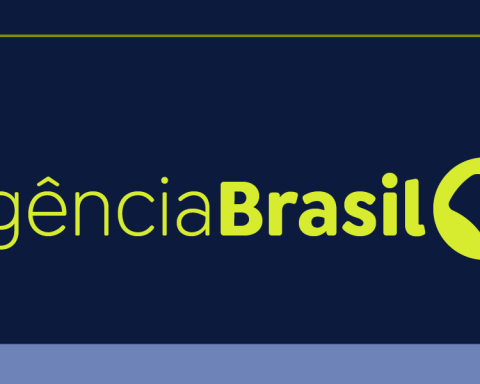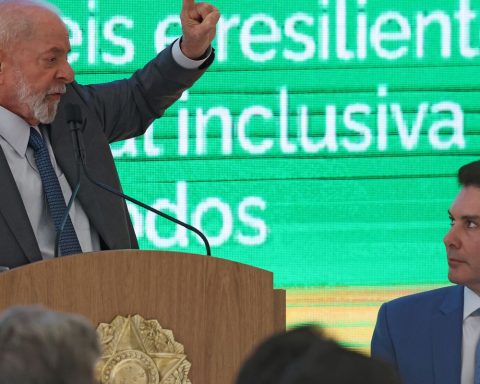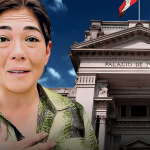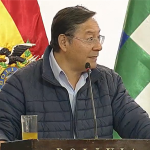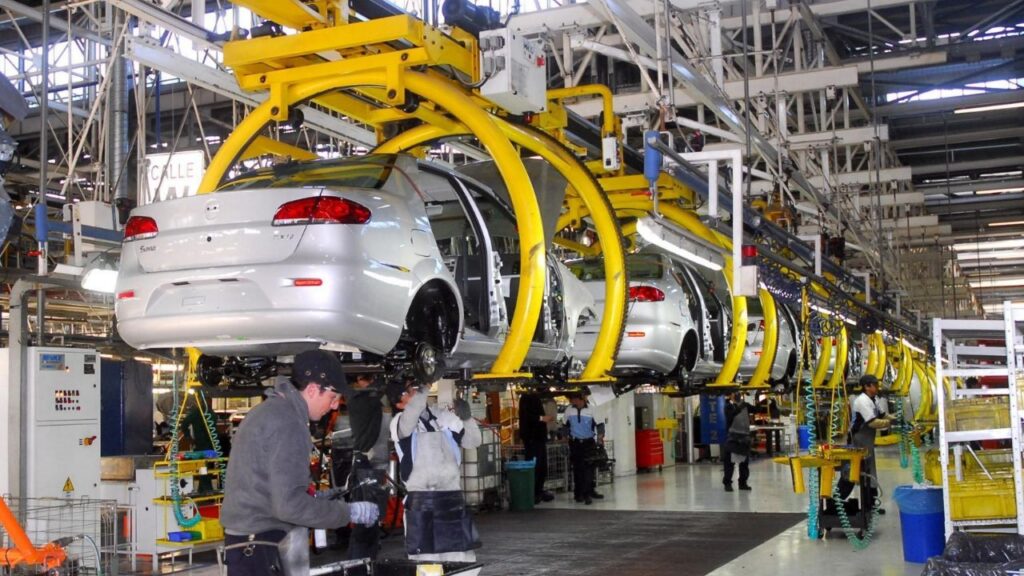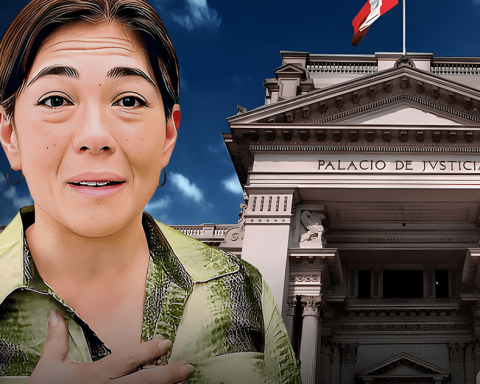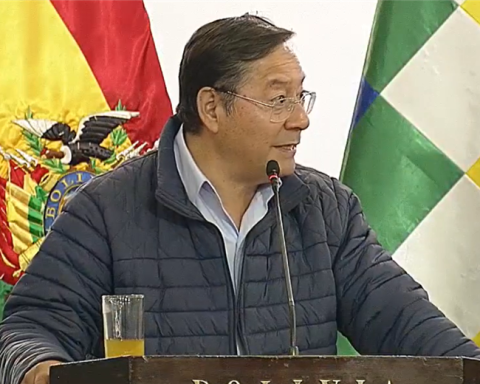Although it has challenges, Brazil has one of the best environments for the development of public-private partnerships (PPP) in Latin America. The conclusion is drawn from a report released today (13) by the Inter-American Development Bank (IDB) and the magazine The Economist. 
The authors of the survey did not prepare a ranking, but divided the 26 countries studied into groups. Brazil is in the “developed” category, with a score between 60 and 79.9. In the same category are Chile, Uruguay, Peru, Colombia, Panama and Costa Rica. No country on the continent was included in the “mature” category, with a score between 80 and 100.
provided for in Law 11.079/2004, the PPP represents a way for the public power to provide a service to the private sector. The individual makes investments and performs a service for the public power, being paid in two ways: fully by the State (no cost to the citizen) or partially paid by the State and partially by the user of the service, through a fee.
This model is indicated in cases where the traditional concession, in which the State fully delivers an enterprise or service to the private sector, would result in tariffs that are too expensive for the citizen. PPP is also recommended for projects with high risk for the private sector or with large investment needs. This is because, in this modality, the State can assume part of the risk and cost that would be incurred by the user of the service.
Regarding Brazil, the report highlighted that the country has “one of the most active PPP markets in Latin America”, concentrating more than 40% of the region’s investments in public-private partnerships between 2011 and 2020. From 2010 to 2019, the The report highlighted that PPPs accounted for 25% of total infrastructure spending in the country. The highlight goes to the energy sector, which concentrated 77% of the amount invested in PPP from 2018 to 2020.
framework
According to the report, the business environment for PPP in Brazil has four strengths. The first is the establishment of the Investment Partnerships Program Secretariat (SPPI) in 2016, and classified by the report as a “well-equipped and well-funded agency”. Linked to the Civil House until 2019, the body was transferred to the Ministry of Economy in 2020, with the status of Special Secretariat.
The other three strengths highlighted by the report are the efficient selection and preparation of projects to be included in PPPs; attention to environmental and social sustainability in the project preparation phase; and the frequent evaluation of performance and impact during project design. The study also praised the publication of documents in Portuguese and English as a measure that increases transparency and improves communication with foreign investors, present in 92 of 201 PPPs granted between 2016 and 2020.
The survey highlighted what it considered recent advances, such as the new Bidding Law (Law 14,133/2021), which introduced the modality of competitive dialogue. In this system, a modality in which the public administration dialogues with bidders chosen according to objective criteria, to develop one or more alternatives capable of meeting their needs. After the closing of the dialogues, the bidders must submit a final proposal.
Challenges
Despite progress, according to criteria evaluated by the IDB and the magazine The Economist, the report pointed out challenges for Brazil. The first is problems in risk allocation between public and private counterparties. Projects in which the State leaves significant risks to the private sector can result in contracts being terminated prematurely, because the private sector will not be able to make the necessary investments.
The second challenge concerns the lack of coordination between the different agencies involved in setting up, supervising and implementing projects. According to the report, the problem appears in projects involving local governments, because state or municipal PPP bodies do not always act in coordination with the federal government. There is a lack of standardization in the preparation of projects and in the communication with investors.
The third problem highlighted by the report is the lack of clear procedures for terminating contracts before the deadline. According to the survey, there are no well-defined compensation mechanisms (to the private sector), and the vague nature of force majeure clauses brings legal uncertainty to the projects. The report cited as an example the expropriation of the Linha Amarela carried out by the city of Rio de Janeiro, carried out without prior process.
The last challenge is the lack of monitoring of social and environmental impacts after the establishment of the PPP. Although these points are considered in the design and implementation of concessions, the report highlighted that to date there is no incorporation of “future elements” into projects or assessment of sustainable development goals or measures against climate change.


